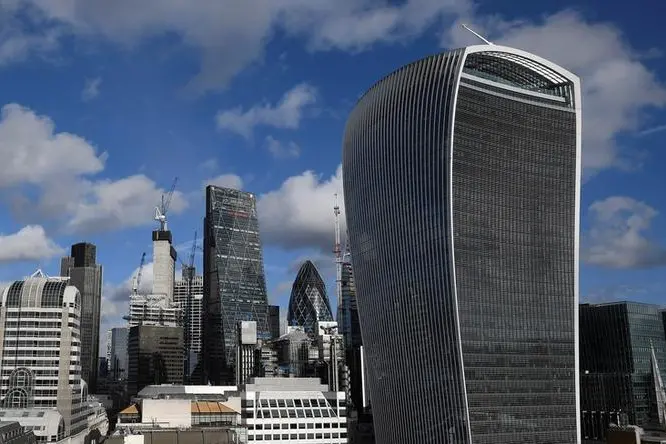PHOTO
LONDON - British employers added a record 184,000 staff to their payrolls in December, showing little sign of a hit from the Omicron variant of coronavirus, taking total staff numbers to 1.4% above their level in February 2020 before the pandemic.
The broader unemployment rate for the three months to the end of November fell to 4.1%, the Office for National Statistics said on Tuesday, below economists' forecasts in a Reuters poll for it to hold at 4.2%.
"Today’s figures are proof that the jobs market is thriving, with employee numbers rising to record levels, and redundancy notifications at their lowest levels since 2006 in December," British finance minister Rishi Sunak said.
Concern about possible labour shortages and pay pressures over the medium term was a major reason why the Bank of England raised interest rates last month for the first time since the start of the pandemic.
Financial markets see a high chance that the BoE will raise rates again on Feb. 3 after its next meeting.
Britain's job market performed more strongly than the BoE expected late last year, as unemployment fell despite the end of a government job subsidy programme which was supporting more than 1 million workers in September.
More recently, a surge of COVID-19 cases linked to the Omicron variant of coronavirus has caused widespread staff absence and hammered demand in the hospitality sector. But most economists expect the ill-effects to be short-lived.
Tuesday's data showed that average earnings in the three months to November were 4.2% higher than a year earlier - in line with economists' forecasts - while job vacancies in the three months to December hit a record 1.247 million.
The ONS said it believed temporary factors which had distorted pay growth higher earlier in 2021 had now largely dissipated.
(Reporting by David Milliken Editing by William Schomberg) ((david.milliken@thomsonreuters.com; +44 20 7513 4034;))





















